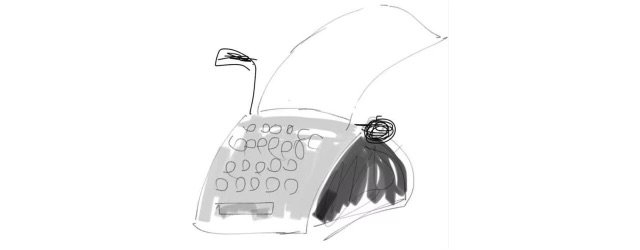Subterranean Radio Songs
Shortlisted for the Anne Elder Award
Won the IP Picks prize for an unpublished manuscript
“Joel writes, ‘There is no country. Only family.’ This epigram informs the major structure of Subterranean Radio Songs: ... an acutely felt & observed travel-diary but one constantly interjected by the concerns, the Angels and Demons of Family. In a way it’s all there in the first poem of the book, ‘The Bridge at Avenel’. The crossing of water, the grave that water can be, the lure of crossing ... the necessity of crossing. ... ‘Under Westgate’, whose form resembles a James Dickey poem — that great poet of rage and rampage — that is the poet most intimate to the energies of human occasions — Joel’s poem is the Melbourne auto-poem, par excellence. I’m probably the only person in this room who doesnt drive and has never driven — but why do I need to with this kind of literary experience? ‘As the lights slowly roll green to red and back again / we wait in the outside lane for our turn / and when it comes I gun it to the floor / Through first second third fourth then overdrive / with the landscape towering and throbbing through / my one-way mind at the speed of / but watch me now / double-clutch then handbrake slide into Lorimer Street / with the chassis squealing in expectation of / Never mind.’ Of course it’s a poem of a state of mind, of abandon and distress via the agency of the car”
“This is an impressive collection ... The culminating poem in the first section, ‘Under Westgate’, is a tour de force, where rhythm builds the momentum of a breakneck departure from Melbourne, from a broken relationship through a disintegrating landscape ... This is raw, unrefined narrative poetry, demotic, energetic and ultimately optimistic. It has strong rhythm, some fine imagery, ironic objectivity; above all, it is first-hand and unpretentious. It’s poetry in primary colours”
“Deane’s excellent ‘Dogma 95’ toys with the ‘problem’ of authenticity ... [The first section] concludes with the brilliantly energetic ‘Under Westgate’. In this virtuosic ‘poem in motion’, the hard, jerky, foot-down rhythms and kinaesthetic imagery convey a visceral experience of driving under the site of the famous bridge disaster, while everything spins emotionally out of control”
“Joel Deane’s free verse is direct and seemingly simple ... He insinuates into the reader’s psyche in a way so artful that it appears artless ... The poem ‘Good Friday’, in four parts, introduces the nub of the collection, a child that is stillborn, whose ghost haunts the text ... As an evocation of grief, it’s hard to go past these heartfelt pieces”

